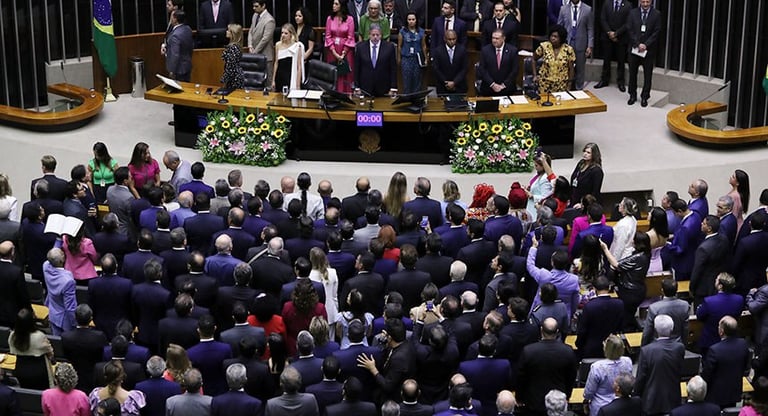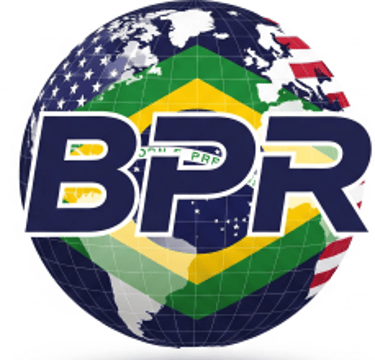
How Does Brazilian Politics Work? Understanding the Distribution of Power
Brazilian politics is a complex system with multiple players and institutions that share and balance power. If you've ever wondered who really holds power in Brazil, how decisions are made, or why some politicians have more influence than others, this article is for you.
BPR
7/16/20252 min read
The 1988 Constitution establishes Brazil as a Presidential Federal Republic, divided into three independent and balanced branches:
1. Executive Branch (Who Governs)
Federal: President (e.g., Lula, ) and ministries.
State: Governors (e.g., Tarcísio in SP, Zema in MG, Jeronimo in BA).
Municipal: Mayors (more than 5 thousand) and local secretariats.
Role: Enforce laws, manage public services (healthcare, education, security).
2. Legislative Branch (Who Makes Laws)
Federal: National Congress (Chamber of Deputies + Senate).
State: Legislative Assemblies.
Municipal: City Councils.
Role: Create, amend, and repeal laws. Also oversees the Executive (e.g., congressional inquiries, budget control).
3. Judiciary Branch (Who Judges)
STF (Supreme Federal Court): Interprets the Constitution.
STJ (Superior Court of Justice): Settles disputes between states and the federal government.
Regional and State Courts: Handle local cases.
Role: Interpret laws and resolve legal conflicts.
⚖️ How Power is Balanced
Brazil’s system uses "Checks and Balances" to prevent any one branch from dominating.
Examples:
The President can veto laws passed by Congress.
Congress can override vetoes with a qualified majority.
The Supreme Court can strike down unconstitutional laws.
🔍 Other Key Players in Brazilian Politics
Beyond the three branches, other groups influence policymaking:
1. Political Parties
Brazil has 30+ parties, but only a few dominate (PT, PL, PDT, MDB, etc).
"Coalition Presidentialism": Presidents trade favors for congressional support (e.g., cabinet positions for allies).
2. Media and Public Opinion
News outlets, social media, and polls shape political pressure.
3. Social Movements and Lobby Groups
Landless Workers' Movement (MST), unions, business interests, and congressional blocs (ruralists, evangelicals) push their agendas.
📉 Flaws in Brazil’s Political System
"Coalition Presidentialism": Presidents rely on too many parties to govern → corruption and gridlock.
Party Fragmentation: Too many parties with too many different kinds of ideologies.
✅ Conclusion: Who Really Holds Power in Brazil?
No single branch rules alone. The President has authority but depends on Congress. The Supreme Court checks both but faces pressure from media and society.
Want to make a difference? Track congressional votes, hold your representatives accountable, and vote in elections!
PHOTO: Marina Ramos/Deputies Chamber




NEWS
LEGISLATIVE POWER
EXECUTIVE POWER
JUDICIAL POWER
OPINIONS
Updates on Brazilian politics and economy.
ContaCT
© 2025. All rights reserved.
